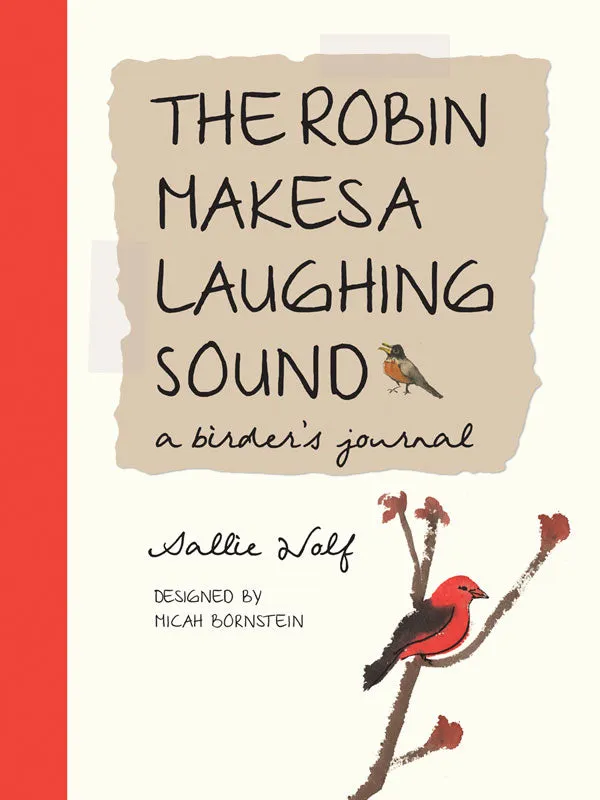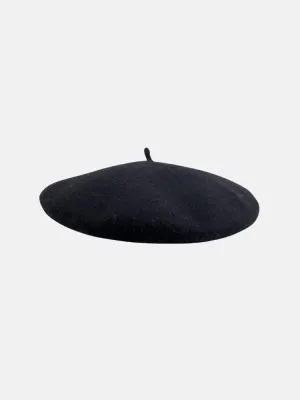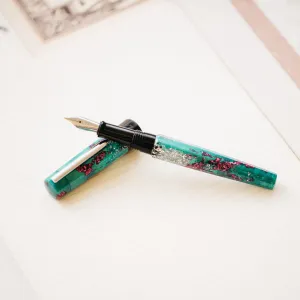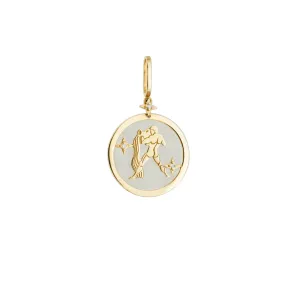A Birder's Observations
Written by: / Designed by: Micah Bornstein
“Birds I know are nesting here…”
As one-fifth of the U.S. population declares to be active bird watchers, it is safe to say that this hobby is becoming a national pastime. Sallie Wolf shares her experiences as a life-long birdwatcher in this unique collection of sketches, paintings, and poetry. Follow along as she observes the confidence of a seagull, the solitude of an owl, and the craftiness of groups of noisy birds hiding in the trees, unable to be seen, but certainly not heard.
The book’s journal format will inspire readers to record, evaluate, and create their own observations. Micah Bornstein’s unique free-form design will give children the permission to be creative in their own journaling habits. Aside from being informational and visually appealing, this book encourages children to learn, explore, and write.
If you like this book, you’ll enjoy these:
Look Inside
Author & Illustrator
Sallie Wolf, author and illustrator
Sallie Wolf is a full-time writer and artist. She fills her journals with story ideas, some of which she turns into books. Some of her books include Truck Stuck and Peter’s Trucks (Albert Whitman). She lives in Oak Park, Illinois, with her husband.
about Sallie.
Micah Bornstein, designer
Micah Bornstein is an artist and tinkerer who lives in Champaign, Illinois, with his wife and their fox terrier. This is his first book for children.
Awards & Honors
- An NSTA/CBC Outstanding Science Trade Books for Students K-12
Editorial Reviews
School Library Journal, starred review
Wolf’s journal/sketchbook is arranged in eight-page sections by season, each beginning with a list of avian visitors. The charming, eye-catching format includes short dated nature notes written in script, some of them on glued or taped-in torn paper pieces; other paper scraps contain short typeset poems and small, labeled watercolors: an object; a single flower; a bird; a tree in seasonal array. Notes for several poems, showing words or phrases that have been crossed out and changed, are written beside the finished piece. Pen-and-ink sketches capture a baby house sparrow, a V-formation of geese, a downy woodpecker at a suet feeder, and more. Two pages of author’s notes explain how Wolf became interested in birds as a result of a seventh-grade project, and how she developed her journaling style. A page of resources includes several outstanding Web sites, some top-notch guides, and books on birding. This small, instructional guide may provide the inspiration for young authors with even a bit of artistic talent to begin keeping nature journals of their own.
Publishers Weekly
This journal strikes a pensive and tranquil note, emphasizing the simple joys to be found in observing nature, birds in particular, rather than providing specific tactics for indentifying species. Cursive lists of North American birds appear under a heading for each season, followed by a collage of bird sketches in ink and watercolor, journal entries, and careful observations that take the form of tender, sometimes surprising poems: "A pair of nuthatches used to visit my birdfeeder every day./ That was before West Nile virus/ spread from bird to bird." It should find an audience in nature-lovers, writers, and other contemplative readers.
Kirkus Reviews
Longtime bird enthusiast Wolf observes, sketches, paints and writes poems about the robins, juncos, wrens and cardinals that venture near her Illinois home. Here, bits of her original birder's journal are digitally manipulated with simulated torn pieces of paper and adhesive tape to create a clean, inviting scrapbook look. A spread entitled "Spring" features a list of species spotted, a lovely watercolor-and-ink sketch of a crocus, a list of warbler characteristics and a haiku about brown creepers. Thoughtful questions ("February 19--Where do birds sleep at night?") and brief cursive notes ("May 2--The black cap sits on its head like a black beret") pepper the pages, and the winsome poems range from nursery-rhyme style ("Flippy-floppy, splishy-sploshy-- / robins take a bath. / One bird, two birds, three birds, four-- / it's crowded. Splishy-splash!") to more matter-of-fact free-verse observations of bird behavior. The journal's most charming aspects, however, are the artful sketches and watercolor paintings--and the endearingly childlike sense of wonder reflected throughout.
NSTA Recommends
Delightfully written and exquisitely illustrated, this book gives children and adults a glimpse of a birder’s journal. The author, a noted poet, shows her notes, draft sketches, and watercolors as she observes birds. Then her completed poems reflect her curiosity and fascination with what she's learned.
This NSTA/CBC Outstanding Science Trade Book for 2011 is a great model for student journals. The metacognition of the author as she thinks about what she knows and what she wants to know will help students understand the processes of science—especially observation and questioning. It also contains a great deal of concrete information about backyard birds and their behaviors. This is not only a great tool for teaching science and communication arts but also a book that you'll want to hug.
Language Arts
In the author’s note at the beginning of the book, the author writes, “My seventh-grade teacher taught our class to identify birds using Roger Tory Peterson’s A Field Guide to the Birds of Eastern and Central North America. We set up bird feeders on the flat roof outside our classroom. The birds became used to feeding there, and we soon learned to identify the different species. . . . I have been bird-watching ever since” (p. 6). This book contains journal entries about bird-watching throughout the four seasons along with poems written in a variety of styles. One concrete poem in the shape of an egg is titled “Riddle” and it reads, “Not / a circle, / but round. / Blue, white, or / green—some are / speckled / brown” (p. 13). What is unique about the poems is that readers are able to see rough drafts of them and how they were revised. The illustrations were taken from the author’s actual journal and then digitally manipulated. Readers may be inspired to create journals of their own by observing their favorite animals. This title was selected as a 2011 Outstanding Science Trade Book by the National Science Teachers Association.
Downloadables
Details
Hardcover
ISBN: 978-1-58089-318-3
E-book PDF
ISBN: 978-1-60734-190-1
Ages: 9-12
Page count: 48
6 1/2 x 8 3/4















